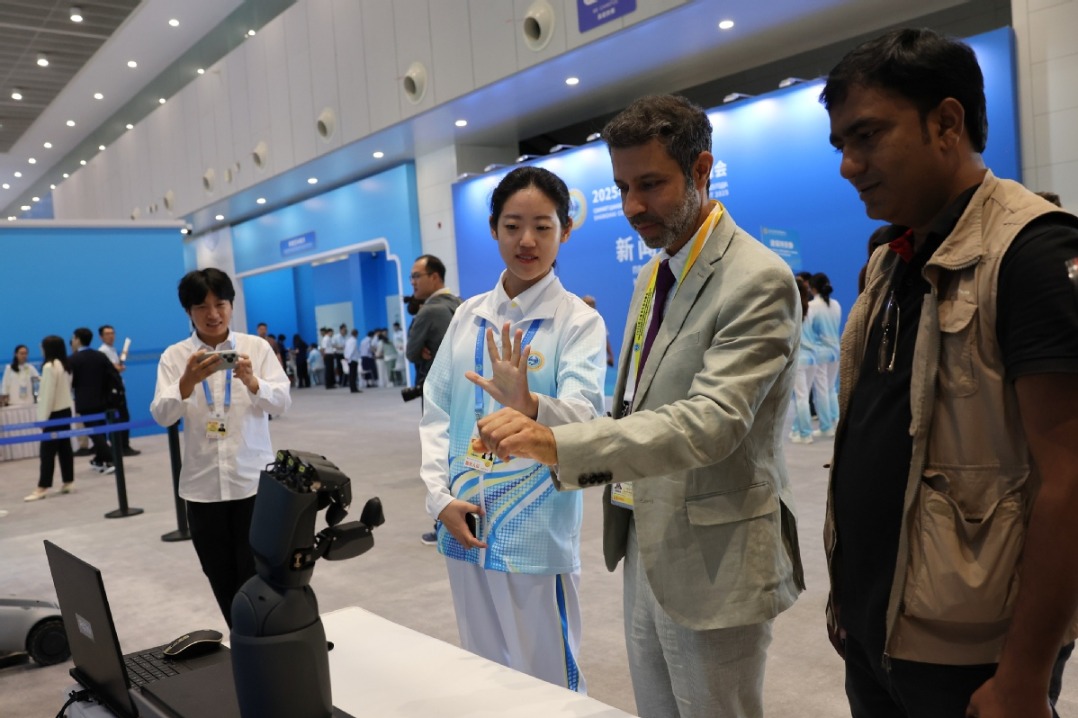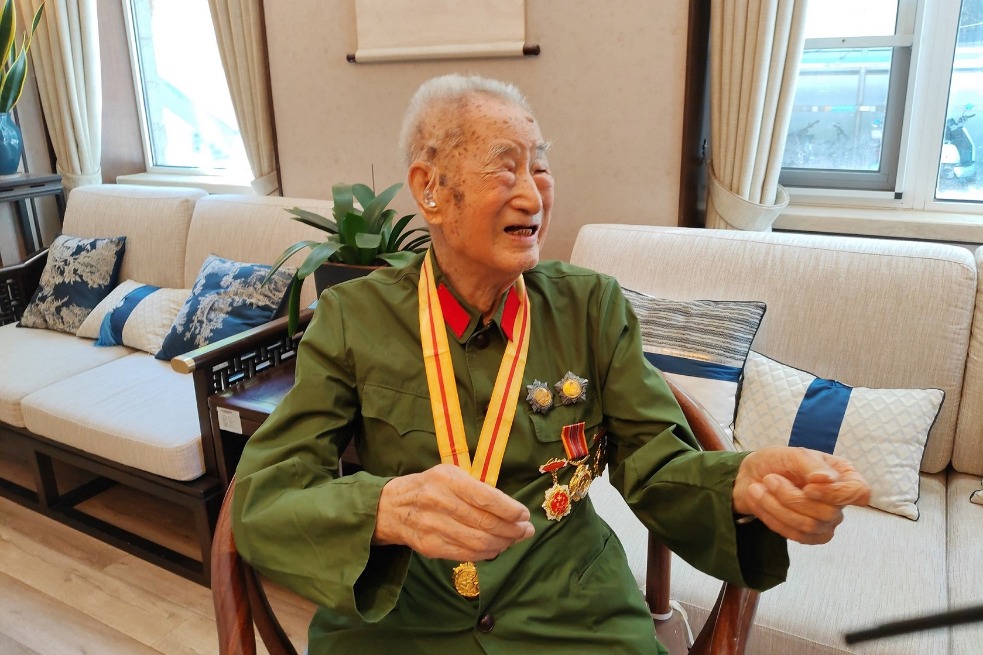Global action needed to stem silent epidemic

While the return of Ebola to the Democratic Republic of Congo (DRC) captured media attention around the world, a global epidemic responsible for 15 million premature deaths every year continues to go largely ignored.
Cancer, diabetes, heart disease and lung disease – the four main types of what public health experts call noncommunicable diseases (NCDs) – are now the world's top killers. They are responsible for 41 million deaths every year, often after long hospitalisations and costly treatment, which is putting a huge amount of pressure on already fragile health systems. Furthermore, mental health problems increase the risk of these chronic diseases and vice versa, so developing a comprehensive strategy means tackling both NCDs and mental health.
NCDs account for 89% of total deaths every year in China. The probability of dying between ages 30 and 70 years from the 4 main NCDs is 18%. Unless financial resources are scaled up and political leaders step up, the epidemic of NCDs and mental disorders will continue to escalate. In response to the threat posed to both people and health systems, the World Health Organization's Independent High-Level Commission on NCDs has published its first report outlining how to: boost political leadership, increase financing and hold decision-makers accountable for progress in beating NCDs.
The Commission – made up of political leaders, experts and civil society representatives – calls for national leaders and the World Health Organization (WHO) to prioritise these chronic diseases politically, technically and financially. At present, just five percent of WHO's budget is allocated t ofighting NCDs, despite the devastation they wreak on populations – rich and poor alike.
To stop NCDs claiming millions of lives in the shadows of health systems, countries must put an end to their neglect by international agencies and donors. To facilitate some much-needed fundraising for the NCDs cause, the report explores establishing a Global Solidarity Tobacco and Alcohol Contribution and a new multi-donor trust fund to help generate funds from within countries.
Addressing not just the funding gap, the Commission covers the root causes of NCDs, giving fresh emphasis to the escalating and largely unchecked challenges of obesity, mental health and air pollution. For example, obesity has driven the explosion of cancer, diabetes and heart disease in low- and middle-income countries over the past decade.People with severe mental disorders are far more likely to smoke or have diabetes than the general population. Air pollution alone kills 7 million people every year.
Recognising that many of the drivers of the NCDs epidemic fall outside the remit of ministries of health, the Commission calls for Heads of State to lead whole-of-government responses to NCDs, with approaches that span everything from agriculture to urban planning, from finance to education.
Concerned not just with examining the origins of the NCDs problem but with generating novel solutions, the Commission has learned from successes in reducing maternal and child mortality, achieved in part through holding national governments accountable. Specifically, the Commission recommends developing a new annual scorecard for thesekiller diseases, which would establish an independent mechanism for monitoring progress towards the Sustainable Development Goal target of reducing premature NCD deathsby a third by 2030.
However, targets mean little without people to meet them, which is why the Commission recommends empowering nurses and community health workers. It also calls for strengthening primary health services to better incorporate the prevention and treatment of chronic diseases and poor mental health. Supporting workforces and improving health systems will in turn make the world better prepared for future pandemics – such as the next version of the 2013-16 Ebola outbreak in West Africa.
Committed to rallying allies beyond healthcare professionals, the Commission's report encourages constructive engagement with the private sector where appropriate, with vested interests managed and undue influence guarded against – amongst other precautions. The report also recommends thatgovernments increase regulations – provided they're effective – and calls on WHO to potentially develop an international code of conduct to restrict the marketing of unhealthy products containing excessive amounts of sugar, sodium, saturated fats and trans fats.
These calls to action come at a key time. Since the turn of the Millennium, there has been nowhere near enough progress on stopping the global epidemic of NCDs and mental disorders. Fortunately, an opportunity to take them forward is coming up in the form of the High-level Meeting on NCDs, which will take place during the UN General Assembly this September.
The meeting will provide an opportunity for all states – whether rich or poor – to demonstrate that they are willing to engage with the thorny, entrenched problems that are coming to define the 21st century. States that face up to the challenge of NCDs will be well-positioned for tackling environmental change and inequality.
Countries willing to take on NCDs will also align themselves with the view that human capital holds equal if not greater weight to economic growth. The countries that adopt such a worldview will thrive by 2030 and their economic prosperity will be long-lasting.
Now is the time to focus on delivering health for all, through committing politically and economically to tackling the world's biggest killers. Political and health leaders alike must firefight the slow-burning crisis of NCDs with the same urgency as Ebola. We have an opportunity to save millions of lives, so let's come together to stop talking and start delivering.
The author is WHO Representative in China
- Belgian cyclist completes epic journey to Shanghai
- China issues alert on overseas study in Philippines
- Liaoning Port Group launches 'durian express' shipping service
- Well-known wild Siberian tiger spotted, thriving in NE China
- How Xi promotes sustainable development cooperation with SCO partners
- How Xi pushes for building common home of peace for SCO





































